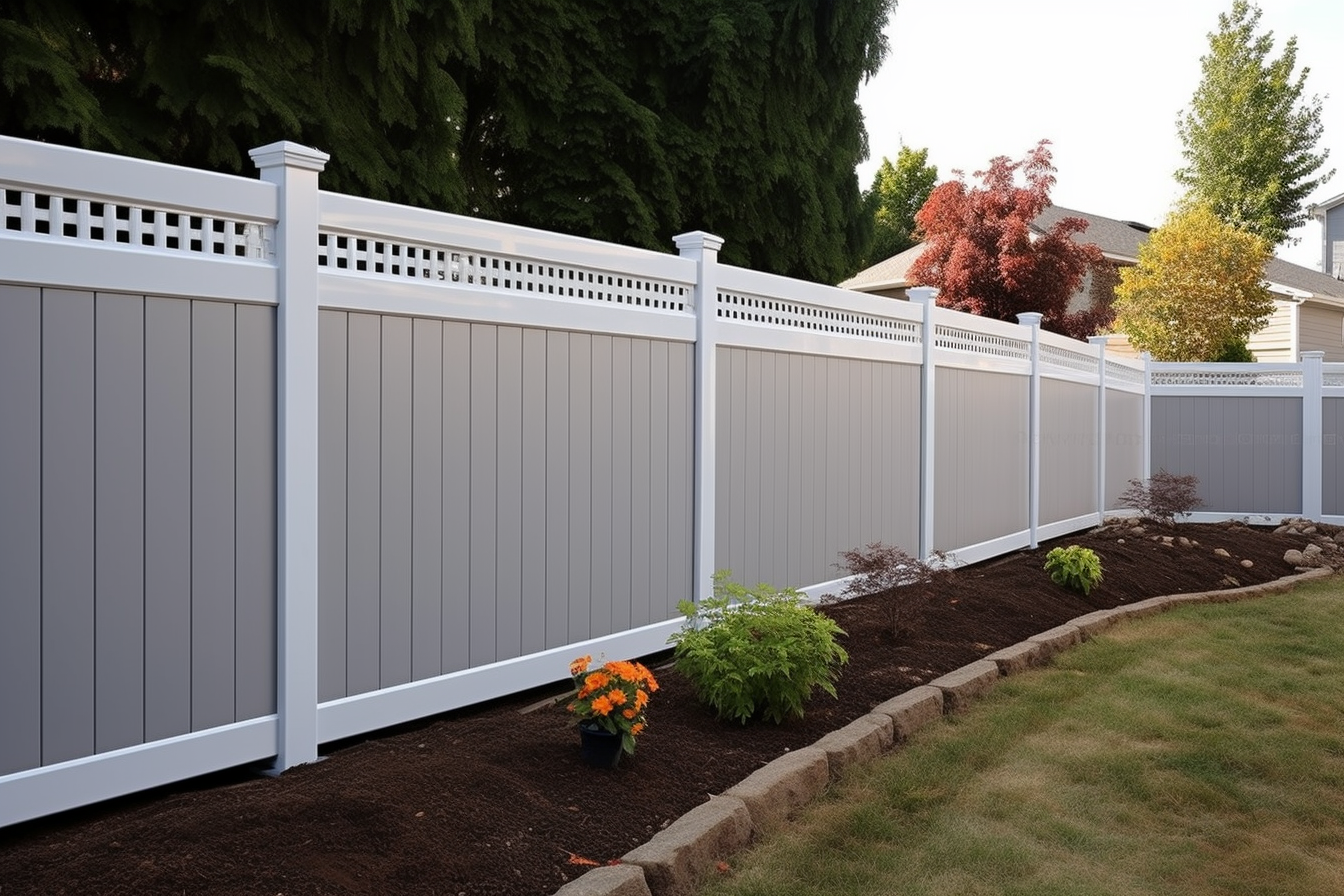Guide to Fence Companies for Home and Garden Projects
A fence company provides design, materials, installation, and maintenance for residential and commercial fences, helping property owners protect their boundary, enhance privacy, and define outdoor spaces. Choosing the right company involves understanding materials, construction steps, permits, and how a fence complements your garden and overall home improvement goals.

How do fence companies work?
Fence companies typically start with a site visit to measure the property, check lines and grade, and discuss material choices. They prepare a written estimate that outlines labor, materials, timeline, and any permit coordination. Installation teams set posts, level rails, and attach panels or boards according to local construction standards. Many firms also offer removal of old fencing, gate installation, and warranties on workmanship or materials. Clear communication about property lines and underground utilities is essential before work begins.
Can a fence improve my garden?
A well-chosen fence can act as a living backdrop, provide wind protection, and support climbing plants or trellises that enrich a garden. Materials like cedar, vinyl, and metal each affect aesthetics and plant compatibility: wood offers a natural look that pairs well with hedges, while metal can create a more open, architectural border. Fence companies can advise on spacing and materials to avoid shading sensitive plants and recommend designs that incorporate gates, access points, and integrated planters for a cohesive garden landscape.
What role do fence companies play in home improvement?
Fencing is a common home improvement element because it increases curb appeal, defines outdoor living areas, and can add perceived value to a property. Professional fence companies coordinate with homeowners and, when needed, other contractors (landscapers, builders) so designs match siding, decking, and landscaping choices. They can suggest finishes and hardware that match existing exterior fixtures and ensure construction follows local codes, which helps avoid delays and future rework during broader renovation projects.
How does construction and permitting work?
Construction for a new fence typically involves marking property lines, calling utility services to locate buried lines, digging post holes, setting posts in concrete, and attaching panels or rails. Permits may be required depending on height, proximity to sidewalks, and local zoning rules; some communities also have homeowner association (HOA) guidelines. Fence companies often assist with permit applications and inspections, but responsibility for understanding local regulations should be confirmed with the provider before contracting work to avoid fines or required removal.
How can fences enhance privacy?
Privacy fencing options include solid wood panels, vinyl privacy screens, tall lattice combined with plantings, and close-board metal or composite panels. Design factors like height, spacing, gate placement, and sound absorption matter for privacy effectiveness. Fence companies can recommend solutions that balance privacy with light, airflow, and neighborhood sightlines. For tighter privacy—especially in urban areas—consider additional landscaping or staggered plantings that soften the fence line while increasing seclusion.
Before the table below, here are examples of well-known providers and what they typically offer. This list highlights different types of providers you may encounter when looking for local services in your area.
| Provider Name | Services Offered | Key Features/Benefits |
|---|---|---|
| The Home Depot | Materials supply, professional fence installation, project planning | Nationwide presence, bundled materials and installation, variety of materials |
| Lowe’s | Materials supply, installation services through partnered contractors | Large selection of fencing products, coordination with local installers |
| FenceOutlet.com | Online retail of fencing materials and accessories | Wide product selection for DIY shoppers, shipping to many areas |
| Ameristar | Manufacturing and distribution of ornamental metal fencing and gates | Durable metal options, commercial and residential applications |
Conclusion
Selecting a fence company is a mix of design preference, material choice, site-specific construction requirements, and compliance with local rules. Whether your priority is garden integration, added privacy, or broader home improvement coordination, a reputable provider will give clear estimates, explain construction steps and permitting, and offer options that match your property aesthetics and functional needs. Taking time to compare services and review examples of completed work can help ensure the final fence performs well and fits the landscape.






